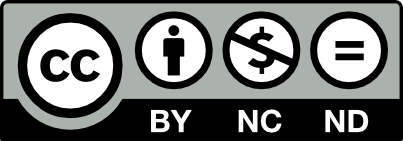Bioaugmentation as a method limiting the toxic effect of mature landfill leachate co-digested with sewage sludge
Artykuł w czasopiśmie
MNiSW
140
Lista 2021
| Status: | |
| Autorzy: | Montusiewicz Agnieszka |
| Dyscypliny: | |
| Aby zobaczyć szczegóły należy się zalogować. | |
| Rok wydania: | 2021 |
| Wersja dokumentu: | Drukowana | Elektroniczna |
| Język: | angielski |
| Numer czasopisma: | Special Issue 1 |
| Wolumen/Tom: | 12 |
| Strony: | 793 - 804 |
| Scopus® Cytowania: | 3 |
| Bazy: | Scopus |
| Efekt badań statutowych | NIE |
| Materiał konferencyjny: | NIE |
| Publikacja OA: | TAK |
| Licencja: | |
| Sposób udostępnienia: | Otwarte czasopismo |
| Wersja tekstu: | Ostateczna wersja opublikowana |
| Czas opublikowania: | W momencie opublikowania |
| Data opublikowania w OA: | 20 sierpnia 2021 |
| Abstrakty: | angielski |
| The study was aimed at evaluating the influence of bioaugmentation on the limitation of the toxic impact of mature landfill leachate (MLL) in the co-digestion with sewage sludge (SS). The bioaugmenting mixture (BA) comprised wild-living microorganisms at the concentrations of 0.07 and 0.19 g kg-1VS. The study was conducted in semi-flow mesophilic digesters, using different SS:MLL:BA ratios of 90:5:5 and 87:4.3:8.7% v/v at related HRTs of 18.2 and 17.4 d, respectively. The control runs included the sole SS anaerobic digestion, and co-digestion of SS and MLL in a volumetric ratio of 95:5%. Using a sufficiently high BA dose and an adequate inoculum size, bioaugmentation improved the co-digestion efficiency. The methane yields were higher as compared to a non-bioaugmented co-digestion system, reaching 0.24 m3 kg-1VSadded and 0.17 m3 kg-1TSadded, and the difference was of statistical significance. The same tendency occurred regarding the VS removal. Bioaugmentation seemed to accelerate the metabolic transformations, which was confirmed by the enhanced values representing the rate constant of biogas production. Thus, a beneficial effect of overcoming the toxic impact of MLL on the efficiency of its co-digestion with SS was revealed using bioaugmentation. |

